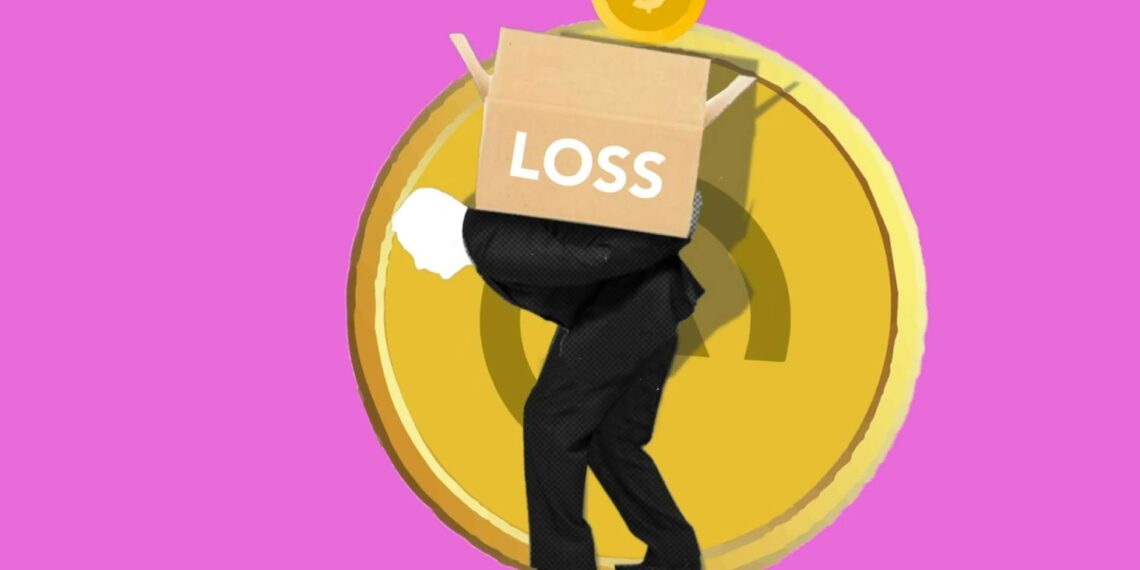Military challenge coins hold a significant place in the armed forces, symbolizing unit identity, camaraderie, and achievement. While specific rules and traditions may vary slightly between units and branches, some core elements of challenge coin etiquette are generally recognized and respected.
Here’s a breakdown of the key rules:
- Initiation: A coin check, or challenge, can be initiated at any time or place by a challenge coin holder. This is often done by slamming the coin on a surface or verbally declaring a “coin check”.
- Accidental Dropping: Even accidentally dropping your coin can initiate a challenge, so be mindful of its handling.
- Response: Those challenged must respond promptly (typically within 15 seconds) by displaying their own challenge coin.
- Consequences:
– Failure to Produce: If a person cannot produce their coin, they are expected to buy a round of drinks or a single drink for the challenger, depending on the challenger’s initial statement.
– All Produce Coins: If everyone challenged can produce their coin, the challenger is responsible for buying a round of drinks for all respondents.
- Displaying your coin: During a challenge, you should display your coin visibly in your hand or place it on a table. Never hand your coin to another person , as this is considered giving it away.
- Always Carry Your Coin: It’s crucial to carry your challenge coin with you at all times, as a challenge can occur unexpectedly.
- Accessibility: Your coin should be easily accessible, ideally within four steps of you at all times during a challenge.
- No Exceptions: Generally, there are no exceptions to the rules of the challenge coin game.
- Treat with Care: Challenge coins should be treated with respect and dignity. Avoid defacing them, drilling holes, or wearing them as jewelry (belt buckles, necklaces, etc.), unless using a designated pouch or case.
- Keep it Clean: Maintaining a clean and tidy coin is also considered proper etiquette.
- Replacing a Lost Coin: If a coin is lost, it is the individual’s responsibility to replace it promptly. Losing a coin and not replacing it does not exempt a member from their responsibilities in a coin check.
- Awarded, Not Asked For: Challenge coins are typically awarded to recognize achievements, acknowledge membership, or honor service. Actively asking for a coin is considered impolite.
- Presentation Etiquette: When presenting a coin, do so respectfully, often during a handshake, passing it discreetly from palm to palm. Explaining the reason for the award adds meaning to the gesture.
While challenge coins originated and are deeply rooted in military tradition, civilians can and do own and exchange challenge coins, often for similar purposes of recognition, appreciation, and building connections within their own groups or organizations.
Important Note: Civilians should be particularly mindful of and respect the traditions and etiquette surrounding military challenge coins, especially when interacting with service members.









What does it mean if someone gives you a challenge coin?
Challenge coins are small medallions that represent an achievement, membership, or affiliation to a specific group. In the military and veteran community, they often symbolize a special event or mission, anniversary, meeting with a leader, or affiliation with a unit.
What to do if given a challenge coin?
Don’t Hand Over Your Coins
A coin handed to someone is a coin given to someone, and you most definitely don’t want to give up your coin. Instead, if you have been challenged you can properly respond by holding your coin or placing it on the table.
How to present a challenge coin to someone?
Thanks for asking. Coins given as awards for accomplishments are normally given to the recipient during a handshake, passing from the right hand of the giver to the right hand of the awardee. It is also normal for the giver to offer a brief explanation of the reason for awarding the coin.
What does it mean for a cop to give you a challenge coin?
Thanks for asking. For many officers, receiving a challenge coin is seen as an acknowledgment of their hard work and dedication to the job. In some cases, challenge coins are also given to public members to say “thank you” for their support.